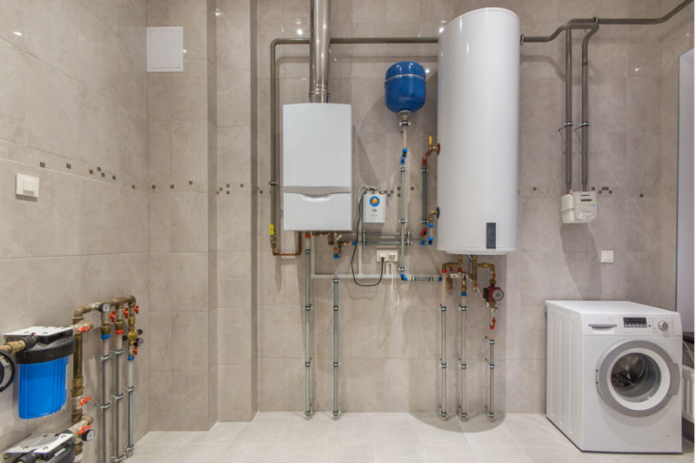Hot water systems are undeniably a core part of every Australian household. These systems, whether gas or electric, serve a critical purpose – delivering steady, reliable hot water for bathing, cooking, cleaning and more. Therefore, it’s important to choose the right system for your needs and energy efficiency. This article will compare the two most common types: gas and electric hot water systems and provide a comprehensive guide to help you make an informed decision.
Understanding Hot Water Systems:
A hot water system, by its broadest definition, is an appliance that heats and stores water for use in your home. Gas hot water systems utilise the combustion of natural gas to heat water rapidly, providing continuous hot water supply. They’re known for their high energy efficiency and can operate even during power outages, which can be a significant advantage in certain situations.
On the other hand, electric hot water systems use an electric element to heat water stored within the system. They’re praised for their flexibility in terms of placement, safety features and quiet operation. Despite their differing mechanisms, both systems aim to meet your hot water needs, underscoring the importance of thoroughly understanding these systems before making a purchase decision.
Exploring the Benefits of Gas Hot Water Systems:
Generally, gas hot water systems are lauded for their continuous hot water supply, ensuring there’s always hot water when you need it. Due to this, they offer excellent energy efficiency. The advantage of operating independent of power supply further bolsters their appeal. Additionally, you may see potential cost savings with gas systems over time, owing to comparatively lower gas prices.
Advantages of Electric Hot Water Systems:
Conversely, electric systems come with their own set of benefits. They are generally more affordable and simpler to install, which can be a budgetary boon. Their need for venting is non-existent, thus allowing various placement possibilities within the home. Electric systems also offer a range of sizes, catering to different household sizes from quaint flats to large family homes. Safety features and quiet operation are additional attributes that tilt the balance in favour of electric systems.
Factors to Consider When Choosing Between Gas and Electric:
When deciding between gas and electric hot water systems, a few key factors come into play. Critically, it’s essential to evaluate the cost of energy in your locale. Equally important is to assess your household’s hot water demand, to ensure you select a system capable of meeting your needs. Installation space and system maintenance requirements also deserve careful consideration. Last, but not least, don’t overlook the environmental implications of your choice.
Potential Drawbacks of Gas and Electric Hot Water Systems:
Upfront cost can be a potential deterrent when considering gas systems as these units generally cost more to purchase and install. In contrast, electric systems can incur higher ongoing energy costs, particularly with frequent use. And while gas systems can operate during power outages, they also present a concern around potential carbon monoxide leakage. Electric systems, meanwhile, are wholly reliant on the power grid, which can pose difficulties in an outage.
In summary, both gas and electric hot water systems have their pros and cons. There isn’t a one-size-fits-all solution, and the best system largely depends on your individual needs, lifestyle and circumstances. Whether contemplating new hot water installations or upgrading existing equipment, make sure to get professional advice before committing. This article aims to equip you with the basic knowledge you need when diving into the world of hot water systems, leading you to make a choice that supports your home and lifestyle well into the future.















